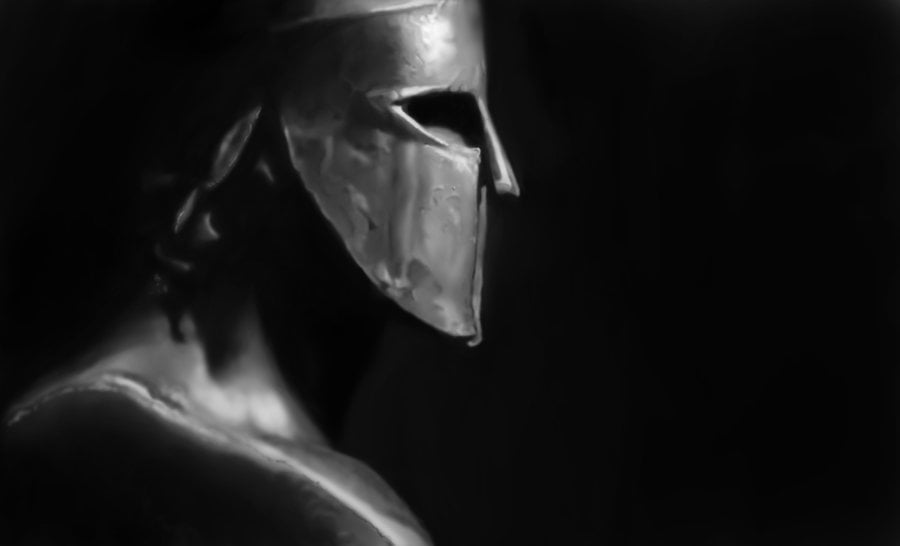
In olden days, Indo-European tribes lived in Ancient Greece. They were known as the Thracians, and they spoke a language by the same name. They were first mentioned in the Iliad and were said to be allies of the Trojans and supported them during the Trojan War. Exonyms given by the Greeks included Thrāikē/Thrēikē, Thrāikios/Thrēikios, Thrāix, Thrāikes. In Greek mythology, one person named Thrax, was said to be one of Ares’ sons. In Alcestis, Euripides said that Ares was referred to as Thrax, a patron of Thrace, which was called Europe in ancient times.
Archaeological digs
Archaeological excavations have taken place in Tekirdağ, a province in Turkey, for sixteen years now, and archaeologists are unearthing a wide variety of Thracian artifacts. The Thracians inhabited Northern Greece, Bulgaria and Thrace and, according to Heredot, an ancient writer and Greek historian, they were the most populous tribe in the world after the Hindus.
If you are interested in Greek history, you might know that Spartacus, a very well-known historical figure and gladiator, was Thracian. He was made a slave by the Romans but managed to lead a huge uprising in the southern part of Italy around 73 B.C.
Very little is known about the origins of the Thracians, thus the artifacts excavated are very important to archaeological research and in helping to piece together a better picture of the legendary tribe, according to Professor Neşe Atik, head of the Archaeology Faculty of Namık Kemal University.
Professor Atik describes the Thracian people as tribe-dwelling warriors, while at the same time it has been found that Thracian priests also served as doctors; in a holy field that was discovered, medical tools similar to those used today have been excavated. It was particularly remarkable when a furnace was unearthed which had been used to produce medicines and included remnants of ancient medicine. Archaeologists were able to remove the entire furnace.
The excavation site is located in the ancient city of Heraion Teikhos. The Tekirdağ Archaeology Museum has several historical data about the Thrace region; and while Turkey has been known to have several Thracian cities, the crucial findings excavated at this site in Heraion Teikhos truly illuminate the life of the ancient Thracian people.

